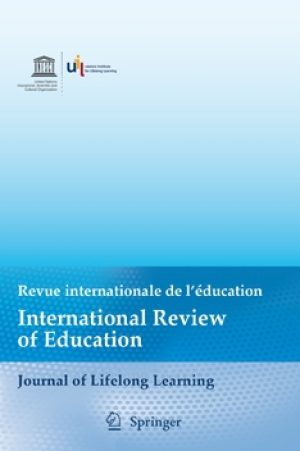Colonial education and the world market: The cotton school experiment in German Togo (1900–1914)


The case study presented here explores the fate of an agricultural school located in Notsé (Togo) from its first ideas in 1900 until about 1914 (the end of German colonial rule in Togo). The main rea- son for setting up the “cotton school experiment” was to find ways of formalising the transfer of knowledge, competences and attitudes which were deemed necessary for the transformation of the local economy and society from a subsistence or household economy to capitalist modes of production. The history of this agricultural institu- tion transcends colonial history between Germany and Togo, opening up a broader view of entanglements between the regional histories of Africa, Germany and the southern United States. The story begins with African Americans from Tuskegee in Alabama under the leadership of the African-American educationist Booker T. Washington, who were despatched to German Togo in 1900 in order to enhance local cash-crop style cotton production for the sake of the German cotton industry in Germany. It ends with the colonial government in Togo appointing German regional agricultural officers to consult and instruct local Togolese communities in cash-crop production as itinerant teachers.
Organisation UIL
Author Christel Adick
Publication Date 21 May 2024
Topic Education and colonialism
Region West Africa
Country Togo
Sector International / Development cooperation
Type Journal / Magazine